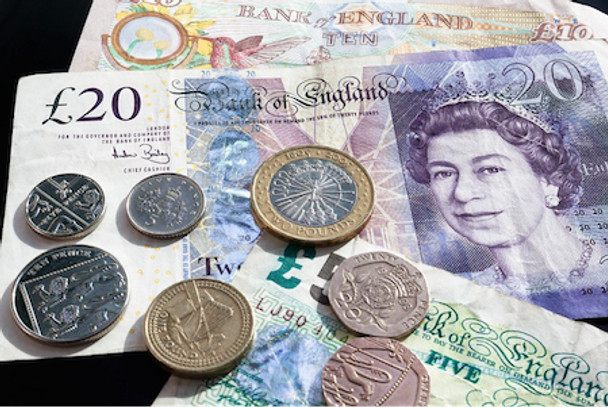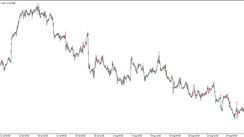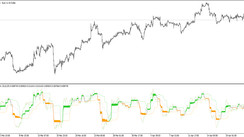The most notable factor that would determine the GBP EUR exchange rate heading into 2021 is the ongoing Brexit negotiations. The problem is time is ticking and as each day passes, the likelihood of a “no-deal” Brexit increases exponentially.
Brexit Deadline Looms
The United Kingdom voted to leave the European Union in 2016 and the breakup became official on Jan. 31, 2020. But many details related to economic relationships have yet to finalize so the status quo will remain unchanged through the end of 2020.
As soon as midnight Jan. 1, 2021 strikes, the two sides will transition towards World Trade Organization rules. People will no longer have the same free movement to travel between the UK and European Union for work, travel, or to live. UK businesses that wish to conduct business in the EU will face increased bureaucratic paperwork.
No Progress To Be Made
As of early December, media reports aren’t painting an encouraging picture as the two sides appear to have reached an agreement -- that is an agreement not to reach an agreement.
EU’s chief negotiator Michael Barnier reportedly told European bloc ministers that a “no-deal” scenario at the end of 2020 will most likely play out.
The big guns were called in to escalate talks to the highest levels on Dec. 9. UK Prime Minister Boris Johnson met with EU chief Ursula von der Leyen and talks failed to spur any momentum that the negotiators can leverage.
Quite the opposite, a Johnson spokesperson said: “The prime minister is determined not to leave any route to a fair deal untested, but any agreement must respect the independence and sovereignty of the U.K."
Johnson’s EU counterpart said in a separate statement: “We gained a clear understanding of each other’s positions” but added the two sides “remain far apart” on any final deal.
The failure to reach an agreement comes at a time when the British pound is not far removed from its 52-week low of 1.0526 at around 1.1.
What’s Next For The Pound?
There have been several negotiating deadlines that have been broken heading into December. But the Jan. 1 deadline seems to be firm. Talks are clearly not progressing and barring any last-minute miracle, investors and traders should assume a bearish outcome for the pound, at least according to several experts and analysts.
Some analysts are even bearish on the pound if a favorable outcome is reached before Jan. 1. HSBC analysts said in a late November note the British currency will “feel the burn” in 2021.
The analysts note one major headwind working against the pound: Even if a deal is signed, the UK will face higher costs of doing business in the EU which happens to be its largest trade and investment partners.
The lead researcher of European FX Dominic Bunning noted:
"Even with a Free Trade Agreement, increased costs in the form of “non-tariff barriers” will be sizable – by up to 14% based on UK Treasury analysis. A no-deal outcome would see even bigger barriers to doing business. GBP-USD does not appear to be factoring this in given it is trading close to its historic long-term fair value. In our view, the currency is the most likely channel through which an adjustment could be delivered to offset the impact of the greater costs.”
COVID Concerns
The UK was the first country to start administering vaccines against the novel coronavirus to its people. But this historic milestone doesn’t mean much in the bigger picture as countries like Canada are just days behind.
In fact, the UK economy ranks among the most impacted among its global G10 peers, and any brief signs of an economic rebound during the summer months are all but gone.
The COVID-related headwinds were also cited by Bunning in his research report.
The researcher wrote that the UK saw the “largest negative growth shock” in the second quarter among the 10 largest global economies. Exiting the second quarter, the nation now faces a “slower pace of recovery.”
“A lack of policy flexibility suggests diminishing government support compared to Q2 and Q3,” he also wrote.
Bottom Line: Pound Will Likely Fall
The pound’s decline in value versus the euro could represent a long-term catalyst for economic growth. The pound’s weakness implies outside investors spending euros or other global currencies could find better deals in London or other major cities by default of their currency premium.
A weaker currency could also serve as an offset against the poor performance of the UK’s rebound compared to its global peers.
Is Brexit the proverbial “hill Johnson is willing to die on”? Maybe. Reading into his comments after meeting with his EU counterpart could be a fruitless exercise.
Only time will tell -- and that time is quickly running out.





